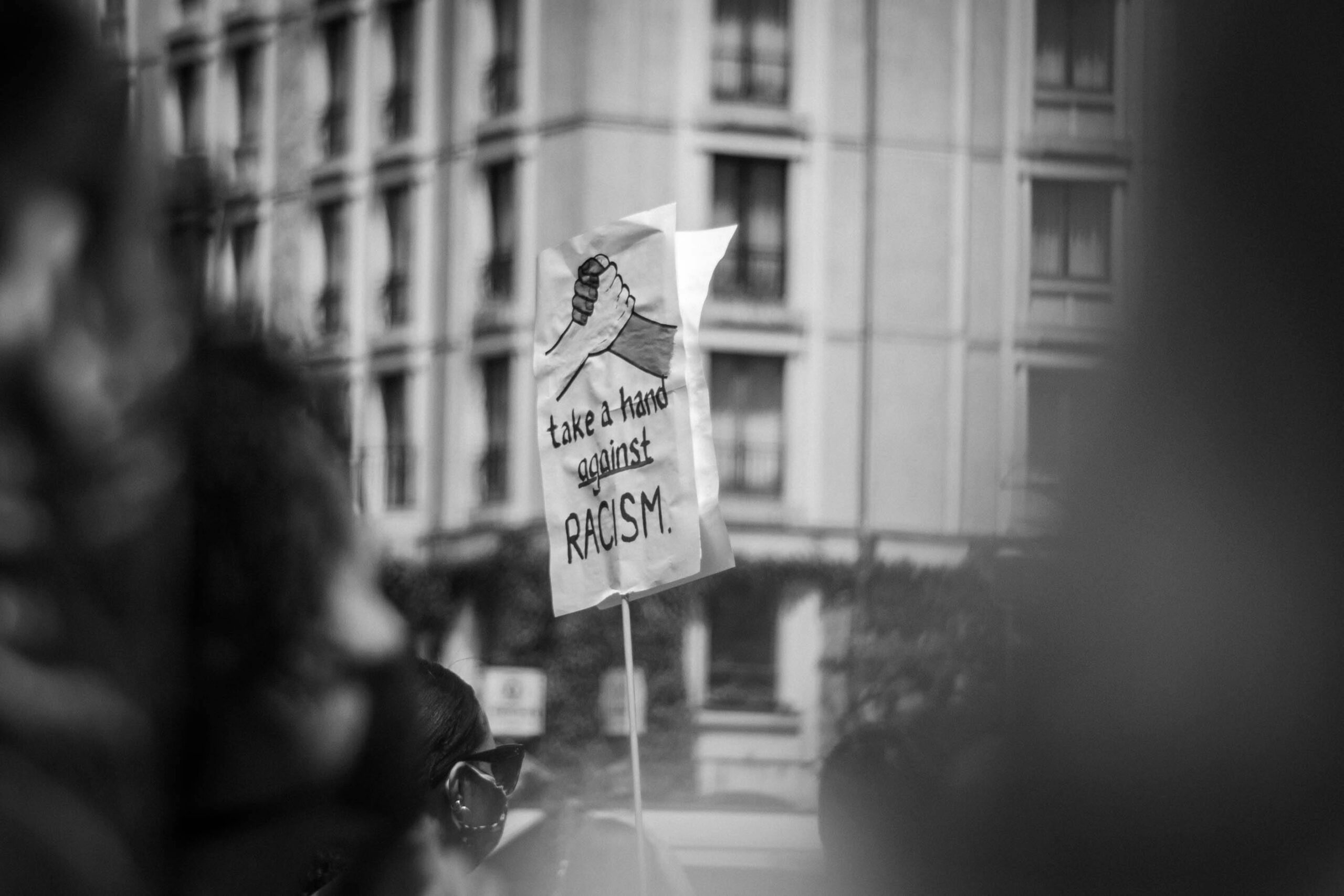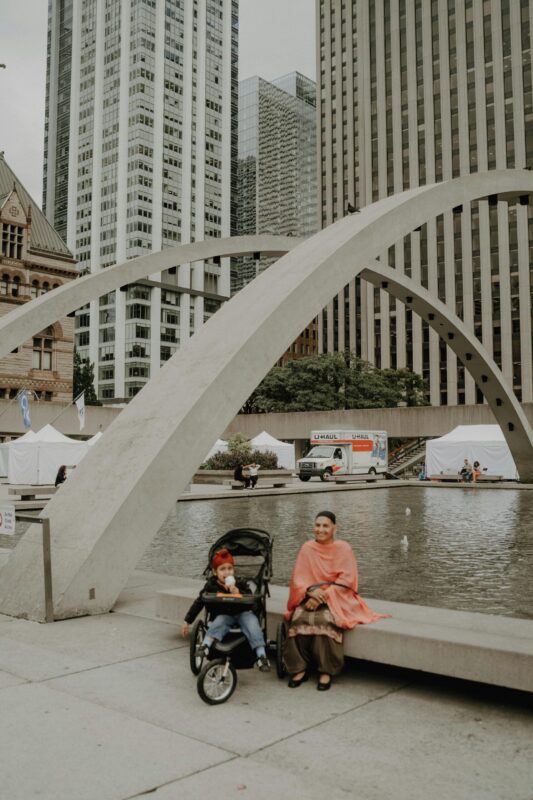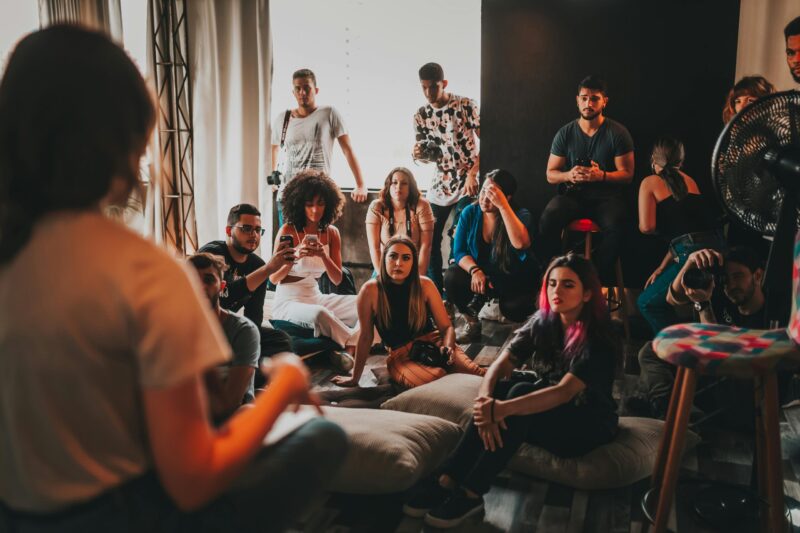Ah, the infamous “Where are you really from?” question. It’s a riddle wrapped in an enigma, often asked innocently but sometimes laden with layers of unintended connotations. For South Asian women in the Western world, it’s practically a rite of passage, a question that follows us like a shadow.
At first glance, it might seem like harmless curiosity. After all, people want to get to know us, right? They’re interested in our backgrounds, our stories, and the unique tapestries of our lives. But here’s the catch – it’s not as simple as it seems.
When someone asks, “Where are you really from?” and we reply with, “I was born and raised here,” we’re not trying to be evasive. We’re simply stating a fact. We might have grown up in the same neighbourhood, attended the same schools, and eaten the same local food joints as our peers.
We’re as “from here” as anyone else. Yet, more often than not, that’s not what they mean, is it? The subtle subtext seems to whisper, “Where are your ancestors from?” It’s as if our physical appearance or our name is a code that needs deciphering. This is where it feels like more than just curiosity.
In these moments, we’re reminded of the immigrant experience. We’re reminded that, to some, we’ll always be seen as “foreign” or “different,” no matter how many generations our family has lived in the Western world. It’s as if our identity is forever tethered to the lands our ancestors hailed from.
Let’s call it what it is. While not every instance of this question is driven by racism, some certainly are. It’s a form of “othering” that makes us feel like outsiders in our communities. It’s a reminder that, for some people, our South Asian heritage defines us more than our individuality, passions, or achievements.
So, what do we do with this “Where are you really from?” dilemma? It’s essential to approach it with empathy and education. When we encounter genuine curiosity, we can share our backgrounds proudly, educating others about our culture and heritage.
But when we sense that subtle tinge of racism, it’s an opportunity to gently raise awareness, to spark a conversation about why such questions can be hurtful and divisive.
Remember, we’re not just individuals but ambassadors of our culture. Engaging in these conversations can help break down stereotypes and build bridges of understanding.
So the next time you’re asked, “Where are you really from?” pause, take a deep breath, and decide whether it’s an opportunity to educate, enlighten, or simply share a piece of your incredible journey as a South Asian woman in the Western world.



